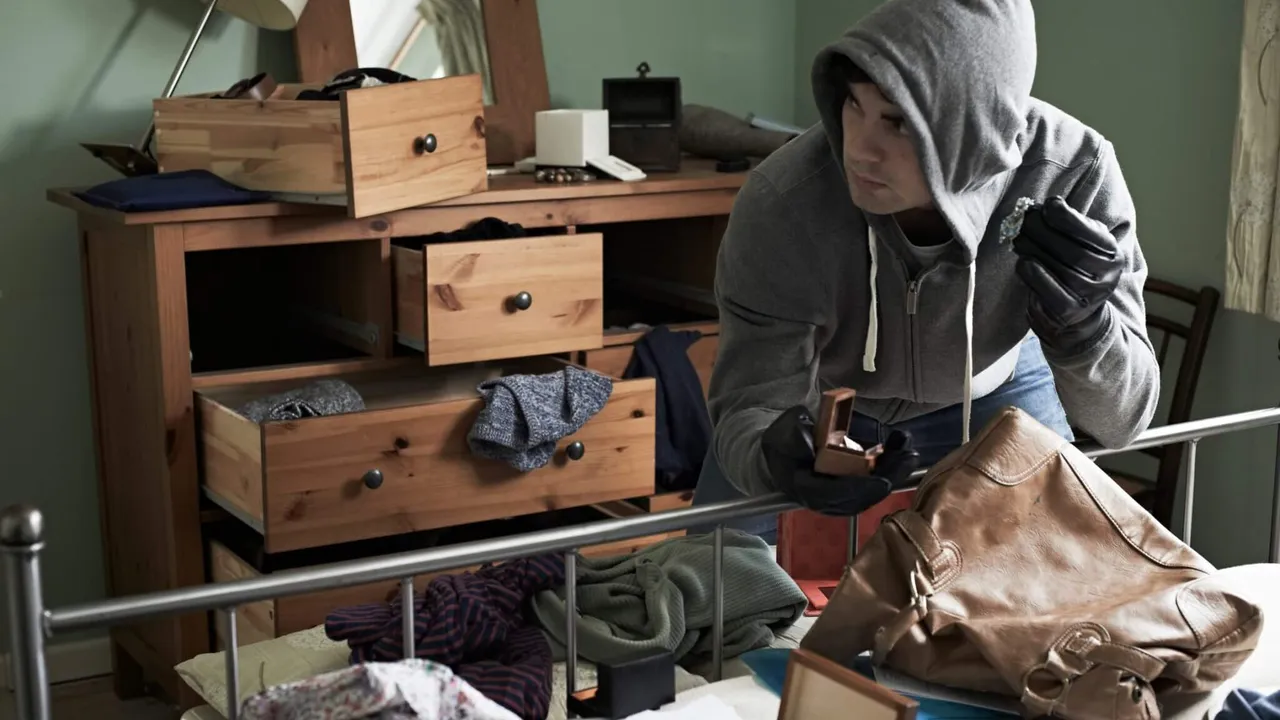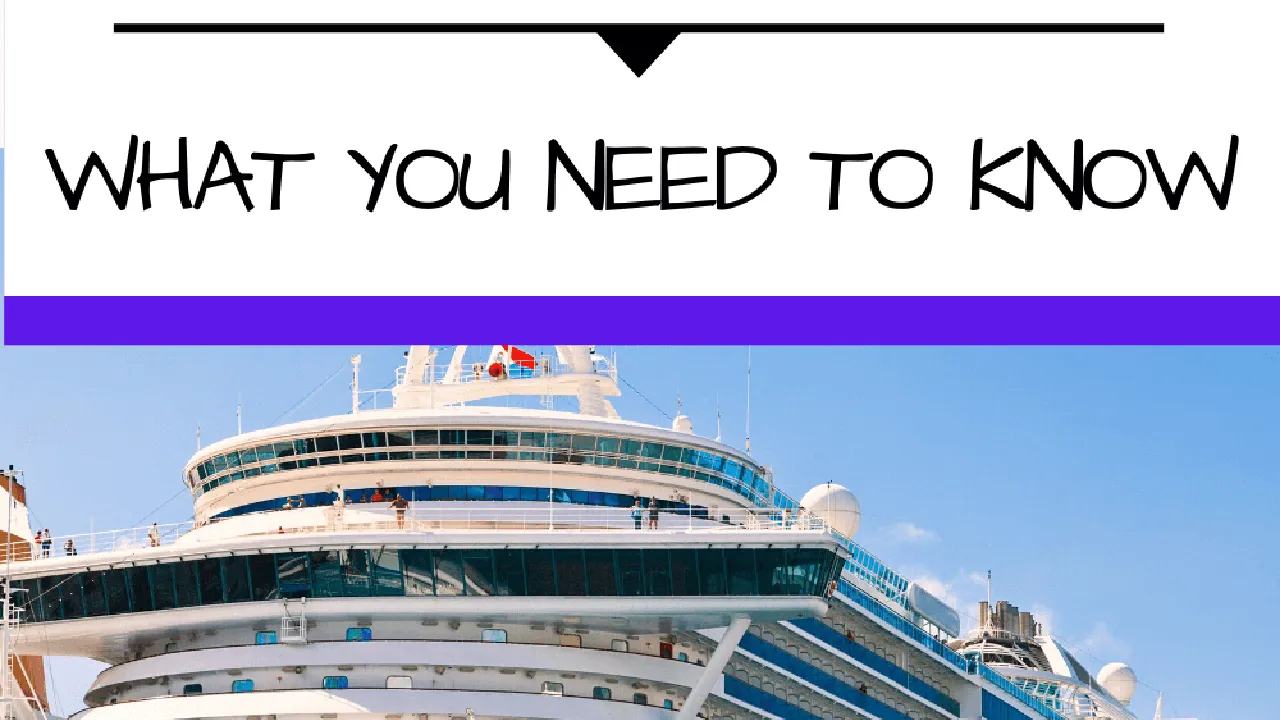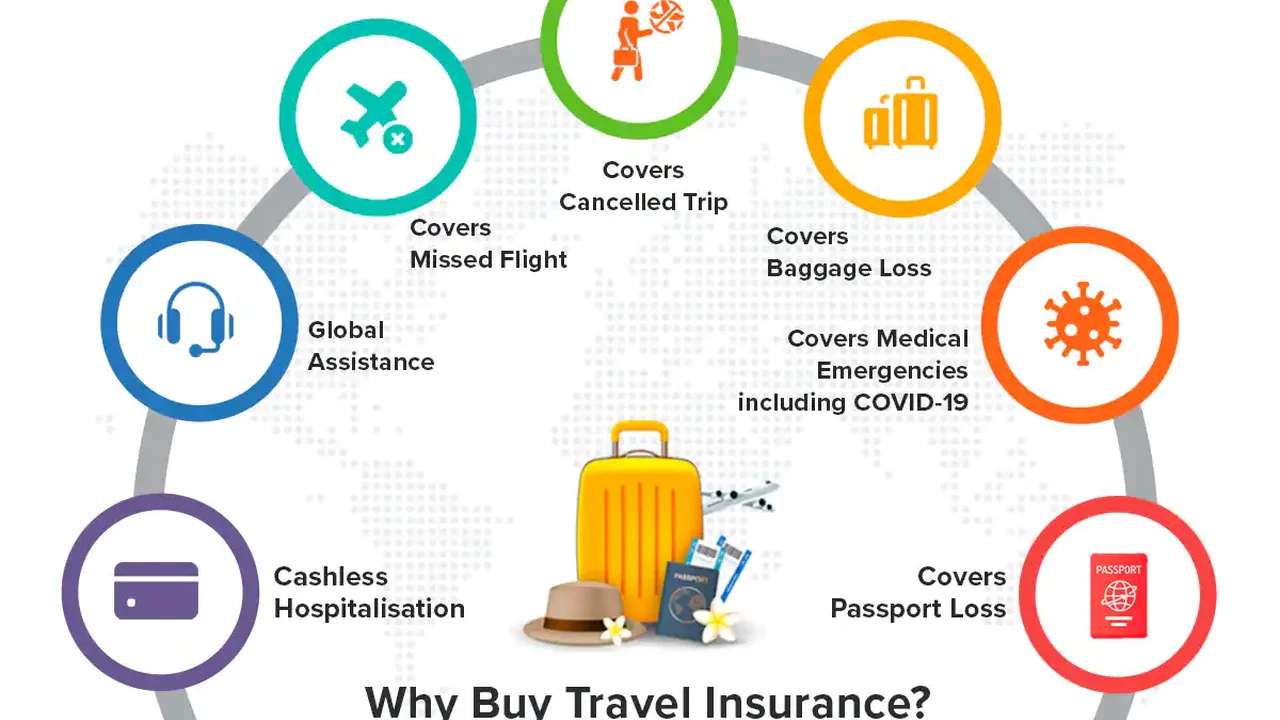Travel Insurance and Theft: Filing a Claim for Stolen Items

Understanding Travel Insurance for Theft Protection: What's Covered?
So, you're on vacation, living the dream, and then BAM! Your stuff gets stolen. Not exactly the souvenir you were hoping for, right? That's where travel insurance *should* come in. But what exactly does it cover when it comes to theft? Let's break it down.
First off, most travel insurance policies *do* cover theft, but there are nuances. They generally cover the actual cash value (ACV) of the stolen items, not necessarily the replacement cost. Think about it: if your five-year-old camera gets swiped, you're not getting reimbursed for a brand new, top-of-the-line model. You're getting what that camera was worth at the time it was stolen, taking depreciation into account.
What kind of items are usually covered? We're talking things like:
- Electronics: Phones, laptops, tablets, cameras – the usual suspects.
- Personal belongings: Clothing, toiletries, luggage, jewelry (though often with limitations – more on that later).
- Travel documents: Passports, visas, tickets. Replacing these can be a real headache (and expensive!), so this is a big one.
- Cash: Often limited to a specific amount (usually a few hundred dollars), and you’ll likely need proof you had it on you.
Now, here's the catch. Almost all policies have exclusions. These are things they *won't* cover, no matter what. Common exclusions include:
- Unattended items: If you leave your backpack on a park bench and it gets stolen, you're probably out of luck. Insurance companies expect you to be reasonably careful with your belongings.
- Negligence: Similar to unattended items. If you were drunk and left your phone on a bar, that's on you.
- Pre-existing conditions: This usually applies to medical coverage, but it can sometimes extend to items. If you knew your camera was faulty before the trip and it "broke" (wink, wink), they might not cover it.
- Jewelry and valuables: High-value items like expensive jewelry or artwork often have coverage limits (e.g., only up to $500 total) or require a separate rider or endorsement to be fully covered.
- Items left in checked baggage: Some policies exclude theft from checked baggage entirely, as that's usually the airline's responsibility.
Key takeaway: Read your policy carefully! Understand what's covered and what's not *before* you leave on your trip. Don't assume anything. Call the insurance company and ask questions if you're unsure about something.
Filing a Theft Claim: A Step-by-Step Guide to Travel Insurance Claims Process
Okay, so your stuff got stolen. Sucks. But now it's time to take action and file a claim. Here's how to navigate the claims process:
- File a police report immediately: This is absolutely crucial. You'll need a police report to prove the theft occurred. Get a copy of the report and keep it safe. The report should include details of the incident, a list of stolen items (if possible), and the date and time of the theft.
- Notify your travel insurance company ASAP: Don't wait until you get home to file a claim. The sooner you notify them, the better. They can advise you on the specific documentation they'll need.
- Gather documentation: This is where the fun begins (not really). You'll need to provide as much evidence as possible to support your claim. This includes:
- The police report.
- Proof of ownership: Receipts, credit card statements, photos of you with the items (before they were stolen!). The more, the better.
- A detailed list of stolen items: Include the make, model, and approximate value of each item.
- Your travel itinerary and tickets.
- Any other relevant documents.
- Complete the claim form: Your insurance company will provide you with a claim form. Fill it out completely and accurately. Don't leave anything blank.
- Submit your claim: Send all your documentation to the insurance company. Keep copies for your records.
- Follow up: Don't just submit your claim and forget about it. Follow up with the insurance company regularly to check on the status of your claim. Be polite but persistent.
- Be prepared to negotiate: The insurance company may not approve your claim for the full amount you requested. Be prepared to negotiate. If you have strong evidence to support your claim, don't be afraid to push back.
Pro Tip: Keep all your travel documents (passports, tickets, insurance policy) in a safe place, preferably in a separate location from your valuables. This way, if your valuables get stolen, you'll still have your documents.
Maximizing Your Chances of a Successful Theft Claim: Essential Travel Tips and Best Practices
Want to increase your odds of getting your claim approved? Here are some tips:
- Take photos of your belongings before you leave: This is especially important for expensive items like jewelry or electronics. If you have photos of yourself wearing the jewelry or using the electronics, that's even better.
- Keep receipts for valuable items: Store them digitally (e.g., in a cloud storage service) or make copies.
- Travel with less stuff: The less you bring, the less there is to steal. Consider leaving expensive jewelry at home.
- Be aware of your surroundings: Don't flash expensive items in crowded or unsafe areas.
- Use hotel safes: Store valuables in the hotel safe when you're not using them.
- Consider using anti-theft bags or backpacks: These bags have features like hidden zippers and slash-proof materials that can deter thieves.
- Report the theft immediately: The longer you wait, the harder it will be to prove the theft occurred.
Travel Insurance Product Recommendations: Comparing Policies for Theft Coverage and Costs
Choosing the right travel insurance policy is crucial. Here are a few recommendations, keeping in mind that prices and coverage can vary depending on your age, destination, and trip duration. Always get quotes from multiple providers!
World Nomads Explorer Plan
Description: World Nomads is a popular choice for adventure travelers. Their Explorer Plan offers comprehensive coverage, including theft of personal belongings, medical emergencies, and trip cancellation.
Theft Coverage Highlights: Covers theft, loss, or damage to personal belongings. Sub-limits apply to high-value items like electronics and jewelry.
Use Case: Ideal for travelers who plan on engaging in adventurous activities like hiking, diving, or skiing. Also suitable for longer trips.
Pros: Comprehensive coverage, 24/7 emergency assistance, covers a wide range of activities.
Cons: Can be more expensive than basic plans, sub-limits on certain items.
Estimated Price: Varies greatly, but expect to pay around $100-$200 for a two-week trip.
Allianz Global Assistance AllTrips Premier Plan
Description: Allianz offers a variety of plans, and the AllTrips Premier Plan is a good option for frequent travelers. It covers multiple trips within a year and includes benefits like trip cancellation, interruption, and baggage loss/theft.
Theft Coverage Highlights: Covers loss, theft, or damage to baggage and personal effects. May have specific limits on electronics and jewelry.
Use Case: Best for individuals or families who travel several times a year and want a single policy to cover all their trips.
Pros: Covers multiple trips, convenient for frequent travelers, offers decent coverage for theft.
Cons: May not be as comprehensive as single-trip policies, can be more expensive upfront.
Estimated Price: Around $400-$600 per year.
Travelex Insurance Services Travel Select Plan
Description: Travelex offers customizable travel insurance plans. The Travel Select Plan allows you to add optional coverages to tailor the policy to your needs. This is a good option if you want to add specific coverage for high-value items.
Theft Coverage Highlights: Covers loss, theft, or damage to baggage and personal effects. You can often add extra coverage for specific items.
Use Case: Suitable for travelers who want a flexible policy and the option to customize their coverage.
Pros: Customizable, allows you to add coverage for specific items, competitive pricing.
Cons: Requires more effort to customize, can be confusing to choose the right options.
Estimated Price: Varies depending on the options you choose, but can range from $50-$150 for a one-week trip.
Direct Comparison of Travel Insurance Theft Coverage: Features, Benefits, and Pricing
Let's break down a direct comparison to help you choose the best option:
| Feature | World Nomads Explorer | Allianz AllTrips Premier | Travelex Travel Select |
|---|---|---|---|
| Theft Coverage | Comprehensive, sub-limits apply | Decent, limits on electronics/jewelry | Customizable, add coverage as needed |
| Trip Type | Single-trip, adventure travel | Multi-trip, frequent travel | Single-trip, customizable |
| Price (Estimate) | $100-$200 (2-week trip) | $400-$600 (annual) | $50-$150 (1-week trip, varies) |
| Key Benefit | Wide range of activities covered | Convenient for frequent travelers | Highly customizable |
| Key Drawback | Can be expensive | May not be as comprehensive | Requires more effort to customize |
Important Considerations:
- Deductibles: Check the deductible for theft claims. A lower deductible means you'll pay less out-of-pocket, but the premium may be higher.
- Coverage Limits: Pay attention to the coverage limits for specific items, especially electronics and jewelry.
- Exclusions: Review the exclusions carefully. Make sure the policy covers the types of theft you're most concerned about.
Real-World Scenarios and Travel Insurance Theft Claims: Case Studies and Lessons Learned
Let's look at some real-world scenarios to illustrate how travel insurance can help in theft situations:
Scenario 1: The Pickpocket in Rome
Sarah was visiting Rome when her wallet was stolen from her purse in a crowded market. Her wallet contained her credit cards, driver's license, and $200 in cash. She had travel insurance with World Nomads.
Outcome: Sarah filed a police report and notified World Nomads immediately. She provided documentation including a copy of the police report and receipts for some of the stolen items. World Nomads reimbursed her for the stolen cash (up to the policy limit) and the cost of replacing her driver's license. They also assisted her in canceling her credit cards.
Lesson Learned: Be aware of your surroundings in crowded areas. Always keep your valuables secure. Having travel insurance can help you recover financially from theft.
Scenario 2: The Hotel Room Break-In
John was staying in a hotel in Barcelona when his room was broken into while he was out sightseeing. His laptop, camera, and some clothing were stolen. He had travel insurance with Allianz.
Outcome: John reported the break-in to the hotel and filed a police report. He submitted a claim to Allianz, providing the police report and receipts for the stolen items. Allianz reimbursed him for the value of the laptop and camera (after depreciation) and the cost of replacing his clothing.
Lesson Learned: Always use the hotel safe to store valuables. If your room is broken into, report it to the hotel and the police immediately. Travel insurance can help you replace stolen electronics and other personal belongings.
Scenario 3: The Lost Luggage at the Airport
Maria's luggage was lost by the airline on a flight from New York to London. Her luggage contained clothing, toiletries, and some valuable jewelry. She had travel insurance with Travelex.
Outcome: Maria filed a claim with the airline and with Travelex. The airline eventually located her luggage, but it was delayed for several days. Travelex reimbursed her for the cost of purchasing essential clothing and toiletries while she waited for her luggage to arrive. They also covered the cost of replacing the jewelry, up to the policy limit.
Lesson Learned: Keep essential items and valuables in your carry-on luggage. File a claim with the airline immediately if your luggage is lost. Travel insurance can help you cover the cost of replacing essential items and valuables if your luggage is delayed or lost.
Preventing Theft While Traveling: Practical Security Measures for Peace of Mind
Prevention is always better than cure. Here are some practical security measures you can take to minimize your risk of theft while traveling:
- Use a money belt or hidden pouch: Keep your passport, credit cards, and cash in a secure money belt or hidden pouch under your clothing.
- Carry a decoy wallet: Fill a decoy wallet with a small amount of cash and some expired credit cards. If you're mugged, you can hand over the decoy wallet instead of your real one.
- Be cautious of scams: Be wary of people who approach you offering help or asking for directions, especially in crowded tourist areas. They may be trying to distract you while someone else steals your belongings.
- Avoid walking alone at night in unsafe areas: Stick to well-lit and populated areas, especially at night.
- Don't leave your belongings unattended: Never leave your bags, phone, or wallet unattended, even for a moment.
- Use a cable lock: Use a cable lock to secure your luggage to a fixed object in your hotel room or hostel.
- Be discreet with your valuables: Avoid flashing expensive jewelry, watches, or electronics.
- Make copies of your important documents: Keep copies of your passport, driver's license, and travel insurance policy in a separate location from the originals.
- Register with your embassy or consulate: Registering with your embassy or consulate can help them contact you in case of an emergency.
- Trust your instincts: If a situation feels unsafe, trust your instincts and remove yourself from the situation.
The Future of Travel Insurance Theft Coverage: Emerging Trends and Technologies
The travel insurance industry is constantly evolving. Here are some emerging trends and technologies that are shaping the future of theft coverage:
- AI-powered claims processing: Artificial intelligence is being used to automate and speed up the claims process. AI can analyze claim documents, detect fraud, and approve claims more quickly.
- Blockchain technology: Blockchain is being used to create more secure and transparent travel insurance policies. Blockchain can help prevent fraud and ensure that claims are paid fairly.
- Wearable technology: Wearable devices like smartwatches and fitness trackers can be used to track your location and activity. This information can be used to verify theft claims and provide assistance in case of an emergency.
- Parametric insurance: Parametric insurance pays out automatically based on pre-defined triggers, such as a flight delay or a lost bag. This can speed up the claims process and provide immediate financial relief.
- Personalized insurance: Travel insurance policies are becoming more personalized, with coverage tailored to your specific needs and travel plans. This allows you to choose the coverage that's most important to you and avoid paying for unnecessary coverage.
:max_bytes(150000):strip_icc()/277019-baked-pork-chops-with-cream-of-mushroom-soup-DDMFS-beauty-4x3-BG-7505-5762b731cf30447d9cbbbbbf387beafa.jpg)






